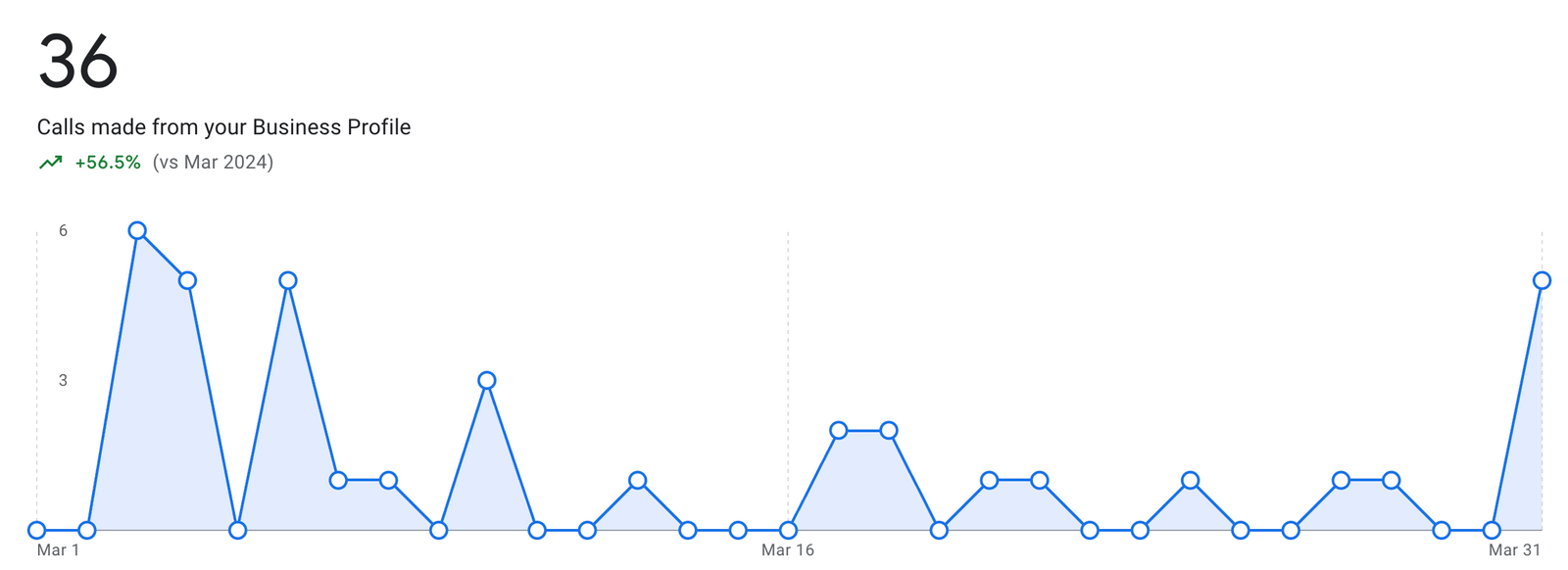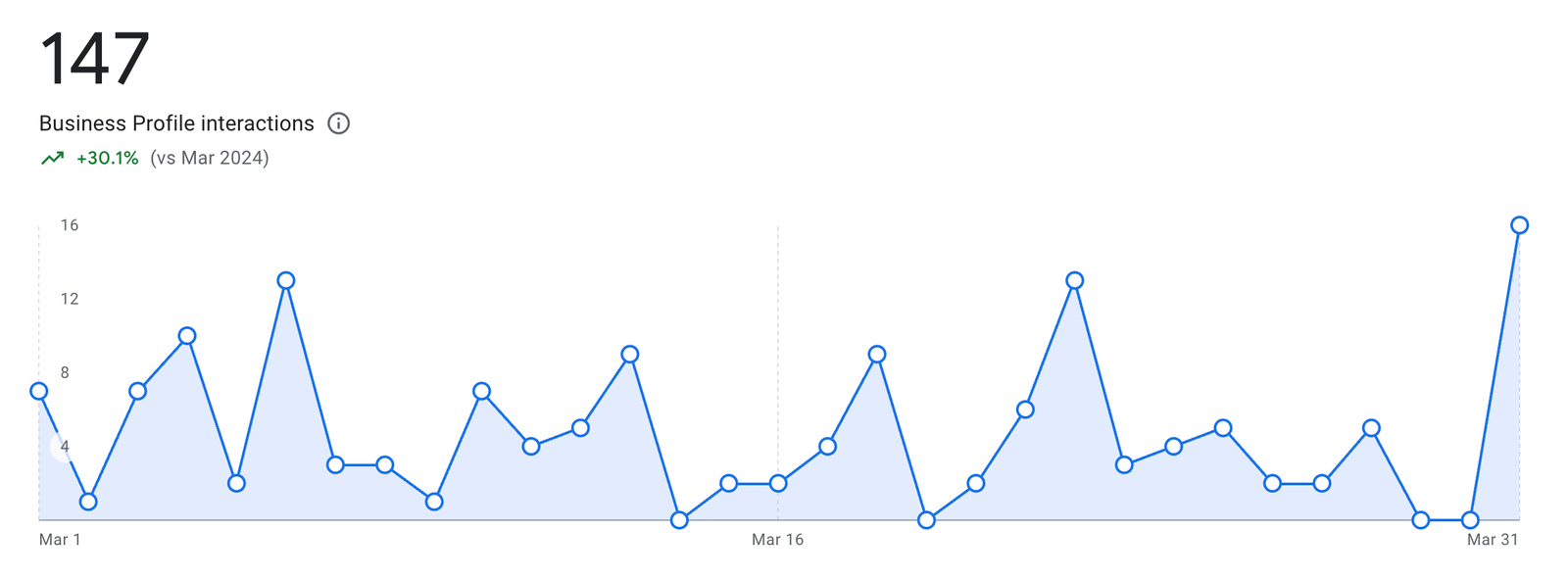The Local Search Battlefield for Test Prep Services
Test prep centers have always been in the business of trust. Whether tutoring for the SAT, ACT, GRE, or specialized exams, parents and students want to know they’re working with the best. But “the best” is often determined not just by results, but by who shows up first when someone searches “SAT prep near me” or “best GRE tutors in [city].” The fight for local visibility isn’t abstract. It plays out every day in the search results, where a single spot up or down the page can mean the difference between a full class and empty chairs.
In competitive regions, I’ve seen centers double inquiries within a single quarter after focused local SEO improvements. Conversely, even programs with stellar reputations have watched phone calls dwindle after a Google algorithm update or a new competitor’s aggressive content push. The stakes are real, and the tactics demand precision.
Understanding SEO for Test Prep Services
SEO for test prep services is a specialized craft. It draws on foundational search optimization techniques, but adapts them to the distinct realities of the education sector. Unlike e-commerce SEO, where the goal is a quick transaction, test prep SEO must build trust, demonstrate expertise, and often persuade parents as much as students.
The biggest misconception I encounter is the belief that simply adding “test prep” and the city name to every page suffices. Google’s local algorithms have evolved; they weigh factors like reviews, proximity, relevance, and site authority. I recall working with a center in Atlanta that had been stuck on page two for months, despite meticulous keyword stuffing. It wasn’t until we shifted focus to authentic testimonials, robust instructor bios, and locally relevant blog content that rankings began to climb.
What Makes Local SEO Different for Education Providers?
Local SEO for education providers, especially test prep centers, hinges on nuances not always present in other verticals such as SEO for plumbers or SEO for roofing companies. Here’s where the challenges and opportunities diverge:
- Decision cycles are longer. Parents may research options for weeks or months before enrolling a child. Trust indicators matter more. Photos of real classrooms and named instructors outperform stock images and generic staff listings. Seasonality is pronounced. Search volume spikes around test dates, requiring adaptive content strategies. Competition includes both hyperlocal providers and national franchises, each with different strengths.
These realities shape every aspect of your SEO approach, from the technical structure of your site to the tone of your blog articles.

Anatomy of a High-Performing Test Prep Website
To stand out in local search, a test prep center’s website must deliver on multiple fronts: technical health, content depth, local signals, and conversion pathways. I’ve audited more than a hundred such sites, and the same patterns emerge. The top performers share several traits:
- Clear, keyword-optimized page titles and meta descriptions for each service and location. Mobile-first design, since many parents search and inquire from their phones. Individual instructor profiles, with credentials and areas of expertise. Robust FAQ sections addressing common parent concerns. Prominent, authentic reviews and testimonials, ideally with full names and dates. Structured data (schema) markup for local businesses and educational organizations.
One client in Dallas saw a 40% increase in organic leads within six months, after implementing a combination of these core elements and refining their Google Business Profile.
The Power of Google Business Profile (GBP)
No local SEO effort is complete without a fully optimized Google Business Profile. For test prep centers, this is often the first touchpoint for prospective students and parents. A well-maintained GBP can drive direct calls, website visits, and even appointment bookings.
Details matter. Accurate hours, a consistent NAP (name, address, phone) across all listings, and high-quality photos all contribute to better rankings and user engagement. I’ve watched search impressions jump by 30% within weeks after uploading photos of real classrooms and group sessions, replacing the old, generic lobby shots.
Reviews play an outsized role. While some centers worry about negative feedback, the reality is that a steady flow of genuine, detailed reviews - even if imperfect - signals authenticity. Prompt, thoughtful responses to reviews, both positive and negative, show commitment and can sway undecided families.
Local Content: Moving Beyond Generic Blog Posts
Many test prep providers fall into the trap of publishing generic articles (“Top 10 Tips for SAT Success”) that appear on hundreds of other sites. Google’s algorithms have become adept at detecting and discounting such content. What works instead is local relevance.
A piece about “How Atlanta’s SAT Curve Compares to the National Average” or “Best Quiet Study Spots in Seattle for ACT Prep” speaks directly to your audience and locality. Even better, I’ve seen centers collaborate with local libraries and schools for guest posts or cross-links, generating both valuable backlinks and community goodwill.
Including case studies of local student success - anonymized for privacy if needed - establishes credibility. A detailed account of how a student improved their ACT math score after a targeted six-week boot camp resonates more than any listicle.
Technical SEO: The Foundation You Can’t Ignore
All the best content and reviews in the world won’t help if your site struggles technically. Slow load times, broken mobile layouts, or missing title tags can torpedo your rankings.
A few years ago, I worked with a center that had invested heavily in beautiful design, but their site took over six seconds to load on mobile. After compressing images, streamlining scripts, and moving to a faster host, bounce rates dropped by 20% and organic leads increased substantially.
Schema markup, especially local business and review schema, helps search engines understand your site’s context. Sitemaps, HTTPS, and clean URL structures are table stakes now. seo expert in boston If you operate in multiple locations, each should have its own dedicated, optimized landing page.
Off-Page Signals: Earning Authority in Your Community
Links from reputable local organizations, news outlets, schools, and educational bloggers remain a key ranking factor. The best-performing centers don’t just wait for links - they earn them through partnerships, sponsorships, and real involvement.
One example: a tutoring center partnered with a local youth sports league, offering free SAT workshops in exchange for a link from the league’s site and mentions in their newsletters. Not only did this generate referral traffic and improve rankings, but it also brought the center new clients through offline word-of-mouth.
Local citations matter as well. Consistency across directories like Yelp, Yellow Pages, and education-specific platforms helps solidify your location in Google’s eyes. Avoid duplicate listings and keep information updated during moves or rebrands.

Navigating Paid Search vs. Organic SEO
Some test prep providers rely heavily on paid ads to drive leads, especially around peak testing seasons. While PPC can deliver quick results, costs can escalate rapidly in competitive markets. I’ve managed campaigns where cost per lead doubled overnight due to increased bidding by national chains.
Long-term, organic SEO provides more stable, lower-cost lead generation - but it demands patience and consistent effort. The most resilient businesses blend both strategies: using paid search for immediate enrollment pushes or new program launches, while steadily investing in organic rankings for sustainable growth.
Measuring Success: Tracking What Matters
It’s easy to get lost chasing vanity metrics like total impressions or average position. For test prep services, the real signal is qualified inquiries - phone calls, form fills, or live chat requests that lead to actual enrollments.
Set up proper conversion tracking in Google Analytics and monitor call tracking numbers tied to your site and GBP listing. Watch not just how much traffic you get, but how many visitors take meaningful action.
A test prep center I consulted struggled with high bounce rates until we discovered most visitors were landing on buried blog posts with no clear path to contact or enroll. By adding boston seo prominent calls-to-action and streamlining navigation, conversion rates improved by over 50% in three months.
Avoiding Common Pitfalls
Many education businesses repeat similar mistakes that undermine their SEO efforts:
Neglecting mobile usability - parents often browse on phones late at night or between work meetings. Ignoring negative reviews instead of addressing concerns transparently. Over-optimizing with redundant keywords at the expense of readability. Letting business listings become outdated after moving locations or updating branding. Relying solely on paid ads without building long-term organic authority.Local SEO Across Related Sectors
The lessons learned optimizing SEO for test prep services apply broadly across other education and professional service categories - from SEO for tutoring centers to doctors’ offices or law firms seeking local reach. Each field has its own quirks: SEO for mental health clinics must navigate privacy concerns; SEO for criminal law forms must balance legal accuracy with accessibility; Medspas and plastic surgeons must combine educational content with image-driven portfolios.
In every case, local relevance and trust are king. A painting contractor or moving company relies on reviews and photos as much as a test prep center does.
Strategic Partnerships and Community Involvement
For test prep centers aiming to dominate local search, engagement shouldn’t end at website optimization. Involvement with schools, libraries, youth organizations, and even local media builds not just backlinks but brand presence in the community.
Consider hosting open houses before each major testing season or offering free strategy sessions at local schools. Press releases about scholarship winners or unique program offerings can catch the attention of local news outlets - many of which have strong domain authority and local reach.
I’ve seen firsthand how a single feature in the city paper or an appearance on community radio can send a surge of branded searches and high-converting traffic to a center’s site.

Keeping Up With Algorithm Changes
Google updates its local ranking algorithms frequently, often with little warning. Staying current means more than reading blogs; it means monitoring your own analytics for sudden shifts in impressions or conversions.
When the 2021 “Vicinity” update rolled out, several of my clients saw wild swings in visibility depending on their physical proximity to searchers. Those with multiple locations or strong review profiles weathered the storm better than those relying on one central office.
The lesson: diversify your local signals and invest in ongoing review generation rather than one-time campaigns.
The Long Game: Building Sustainable Advantage
SEO isn’t a one-time project; it’s an ongoing process that rewards consistency and attention to detail. While some quick wins are possible - like fixing broken business listings or adding structured data - the compound benefits come from months or years of steady effort.
Centers that invest in comprehensive local content, nurture authentic reviews, maintain technical excellence, and build real-world partnerships don’t just climb rankings; they become fixtures in their communities’ educational landscapes.
The payoff isn’t only higher search visibility but stronger brand recall when parents ask each other for recommendations at school events or online forums.
Final Thoughts
Local SEO for test prep services requires a blend of technical skill, content strategy, community engagement, and relentless attention to user experience. Those who treat it as an afterthought will struggle against competitors who understand its mechanics and invest accordingly.
If you run a test prep center or advise one on marketing strategy, focus first on creating genuine value for your audience - then use SEO as the amplifier that brings that value to more families in your area. The results will speak not just in rankings but in full classrooms and successful students whose stories reinforce your reputation year after year.
SEO Company Boston 24 School Street, Boston, MA 02108 +1 (413) 271-5058